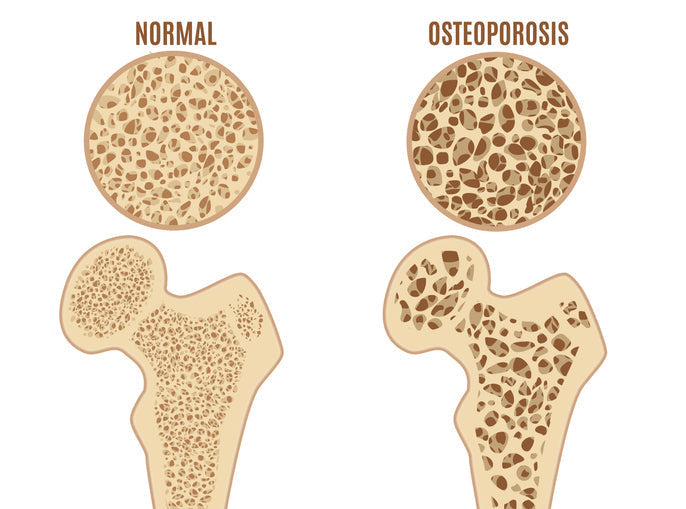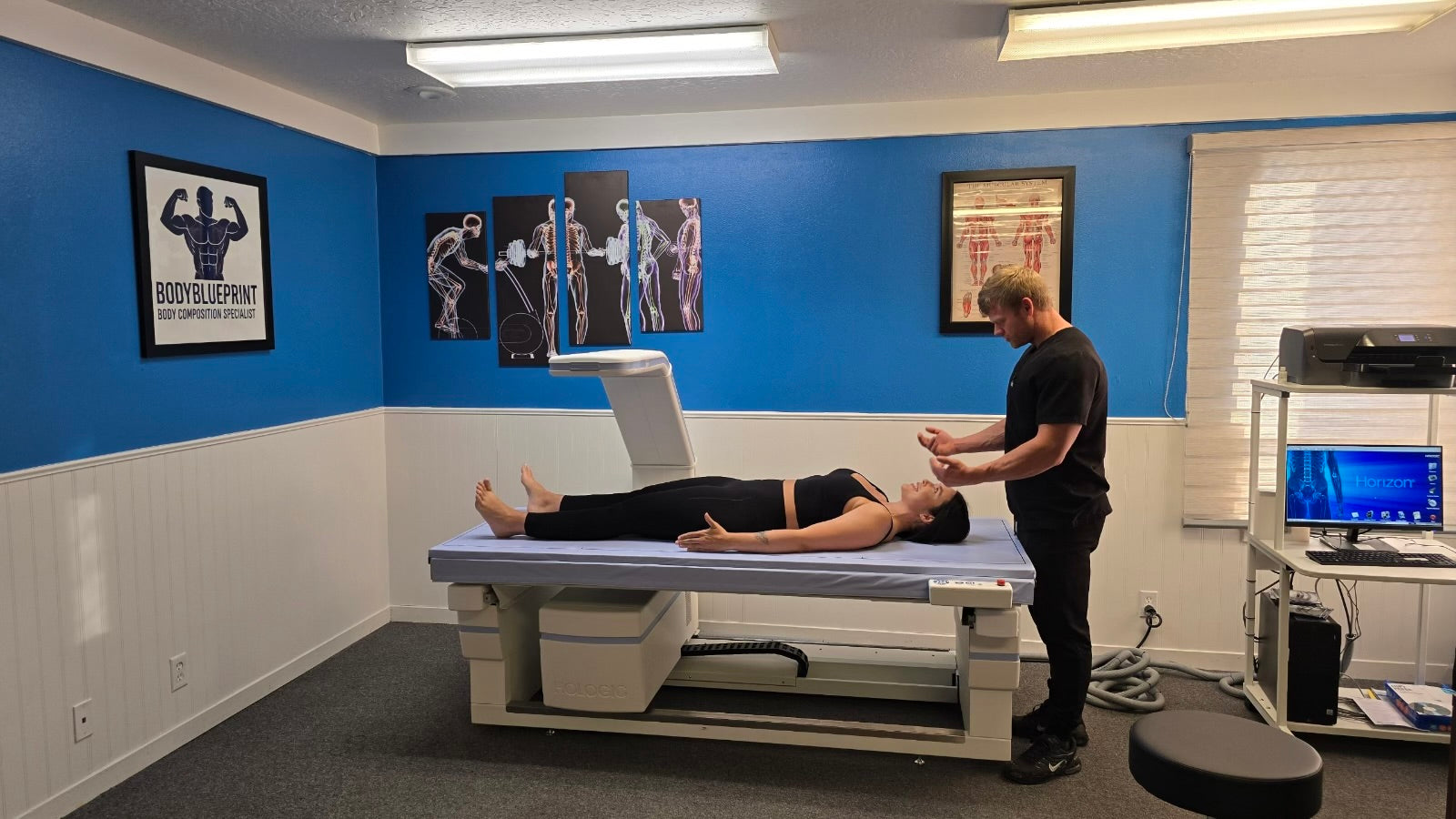
Know Your Body. Own Your Health. Find a DEXA Scan.
Baseline insights to build your healthiest, strongest life.
- Manage Weight Effectively
- Learn About Your Muscles
- Uncover Hidden Health Risks
Know Your Body. Own Your Health. Find a DEXA Scan.
Baseline insights to build your healthiest, strongest life.
- Manage Weight Effectively
- Learn About Your Muscles
- Uncover Hidden Health Risks

DEXA LOCATOR
Why DEXA is the Gold Standard for Health Data
- Bone Density Analysis (Early Osteoporosis Detection)
- Body Composition Breakdown (Lean Mass, Fat Mass, Visceral Fat)
- Baseline for Fitness, Weight Loss, and Longevity
- Medical-Grade Precision

Join the millions DEXA Scanning their way to wellness.
Our Trusted Partners:
Trusted By the Best

"Everybody should get a DEXA (DXA) Scan" & " Vo2 is an important part of predicting longevity"
Dr. Peter Attia, Author to the New York Times #1 Best Seller List "Outlive"

"The mineral content of the bone and bone strength can be assessed in minutes and without pain, and the DEXA scan can track bone health over time. New AI software can predict the presence of heart disease, too."
Dr. Joel Kahn, Holistic Cardiologist

“In 5 minutes, DEXA gives a crystal-clear picture of mass imbalances that even outstanding physical therapists can miss after hours of observation."
Tim Ferriss, Author, "The 4-Hour Body"
Establish your Baseline.
RMR Test (Resting Metabolic Rate) – Metabolism Measurement
Why it's used:
- Measures how many calories your body burns at rest
- Helps determine the ideal calorie intake for weight loss without slowing metabolism
- Prevents under-eating, which can lead to metabolic slowdown and muscle loss
- Useful for designing custom meal plans based on metabolism
VO₂ Max Test – Cardiovascular & Fitness Assessment
Why it's used:
- Measures oxygen consumption during exercise, indicating cardiovascular fitness
- Determines the most effective intensity for fat burning
- Helps optimize workouts for endurance and weight loss
- Useful for tracking improvements in fitness over time
RMR Test (Resting Metabolic Rate) – Metabolism Measurement
Why it's used:
- Measures how many calories your body burns at rest
- Helps determine the ideal calorie intake for weight loss without slowing metabolism
- Prevents under-eating, which can lead to metabolic slowdown and muscle loss
- Useful for designing custom meal plans based on metabolism
VO₂ Max Test – Cardiovascular & Fitness Assessment
Why it's used:
- Measures oxygen consumption during exercise, indicating cardiovascular fitness
- Determines the most effective intensity for fat burning
- Helps optimize workouts for endurance and weight loss
- Useful for tracking improvements in fitness over time














